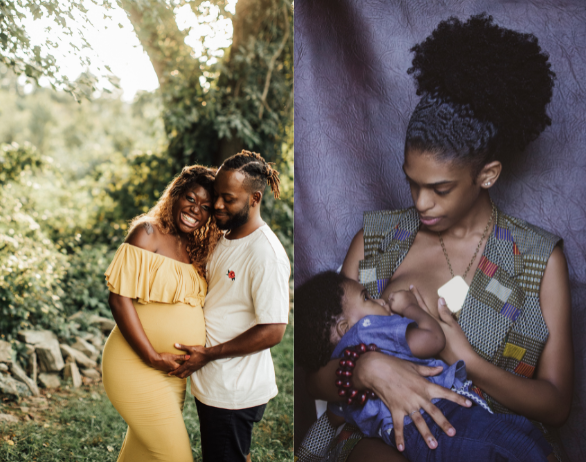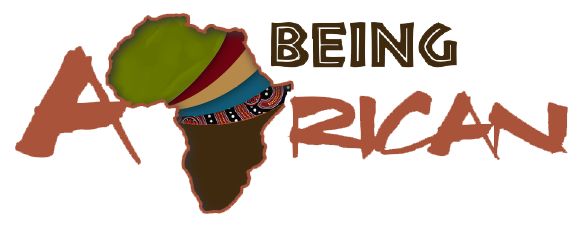
Pregnancy Traditions in Shona Culture
Pregnancy Traditions
Pregnancy in African cultures is a noble thing because it is an expectation for a new life. It represents many things beyond the birth of a child; it represents fertility, an ideal hugely valued and celebrated in African cultures and folklore; it also signifies the growth of a family or the birth of an heir. Above all, it is a celebration and sign of love, bond, and prosperity for a newly-wed couple.
What happens when someone is expecting in the Shona culture?
What are the traditions?
Kusungira or Masungiro
It is a practice that is performed when a married woman expects a child for the first time. The woman is obliged to return to her biological parent’s house until she gives birth. The two families must agree on when the mother-to-be leaves for her maternal home and how long she will stay there. Kusungira is done mainly for the woman to be given guidance and helped by experienced mothers (aunts) during the pregnancy. The advice might include but is not limited to how she ought to dress, what to eat, and other issues surrounding pregnancy. Most young couples, however, prefer to stay together during this period. They give the expecting mother’s parents the goats and, in some cases, a hen. It usually takes about one month to train the new mother. It is not necessary “kusungirwa” for the second child because by then, the mother would have gained knowledge and experience and is therefore expected to know what to do.
Kusungira Purpose
First-time pregnancy: It is believed that having the first-time pregnancy monitored by one’s mother helps with the last months of pregnancy and prepare for birth. Her mother helps with anything, from cooking for her expecting daughter to “hand-holding” during labour.
Kusungira Process
The husband’s family provides some gifts to the wife’s family. A few yards of fabric intended for the mother-in-law to piece dress or outfit, money to pay a tailor, some maize-meal (cornmeal) to make sadza, some millet meal, and two goats, one male, and one female. The male goat is given to the woman’s father and the female goat to the mother.
Kusungira-Masungiro-Virgin
In cases where a young woman has married a virgin (akazara), the family receives a goat for the mother, another goat to be slaughtered when the bride returns to deliver her first child and a hen. The mother is presented with a blanket and a full-length piece of white cloth to show that the girl was indeed a virgin. The father is given a cow which is also slaughtered after the birth of the first grandchild.
Pregnancy out of wedlock-single parenthood
Having children is regarded as a great blessing. However, having children before or outside wedlock is considered undesirable in many cultures, especially among the Shona. Nonetheless, if this situation happens, the woman first tells a trusted adult, most preferably an aunt. Upon receiving the word, a group of elders from the woman’s family then negotiate with the man’s family on the woman’s behalf. The negotiations are typically done after the first trimester. Traditionally it is to protect the baby from any “attacks” – some are superstitious beliefs. In addition, a lot happens in these first three months of pregnancy.
Whether you are aware of it or not, the child now belongs to the entire family and community. Thus, according to Shona culture, the child has to be appropriately introduced to their father’s relatives since that is where his/or totem will be based.
Formal introduction into the boyfriend’s family ensures that the child has a sense of belonging and can also be at liberty to trace his lineage, and therefore even visit freely in the future.
Paying for damages
Pregnancy before marriage attracts a penalty or a fine in the form of damages. As mentioned, pregnancy before marriage is unwelcome and undesirable in the Shona culture. Thus it is considered a “crime” that traditionally attracts reparations in monetary form paid as damages. These damages can be interpreted to mean damages caused to the family image, mainly the girl’s parents. The Shona culture vehemently shuns this and would normally expect the girl to marry the child’s father. Therefore, the boy is expected to or even forced to pay roora/lobola along with the above damages. It is not necessarily the case that this has to be done at the same time. The bottom line is they will have to live together to raise this child.
Note:
If damages are only paid and no roora/lobola that follows, this shows that the father’s family has accepted the child as their own, and as such, there will be a relationship between the two families. The baby usually takes the mother’s surname because the child will grow up with the mother’s family. The child takes the mother’s surname but not the mutupo/totem. It is always desirable for the child to know their father’s family to ensure that the child has a sense of belonging and can also be at liberty to trace their lineage. Even though some will embrace the baby, it is not surprising for some families not to want anything to do with the child.
